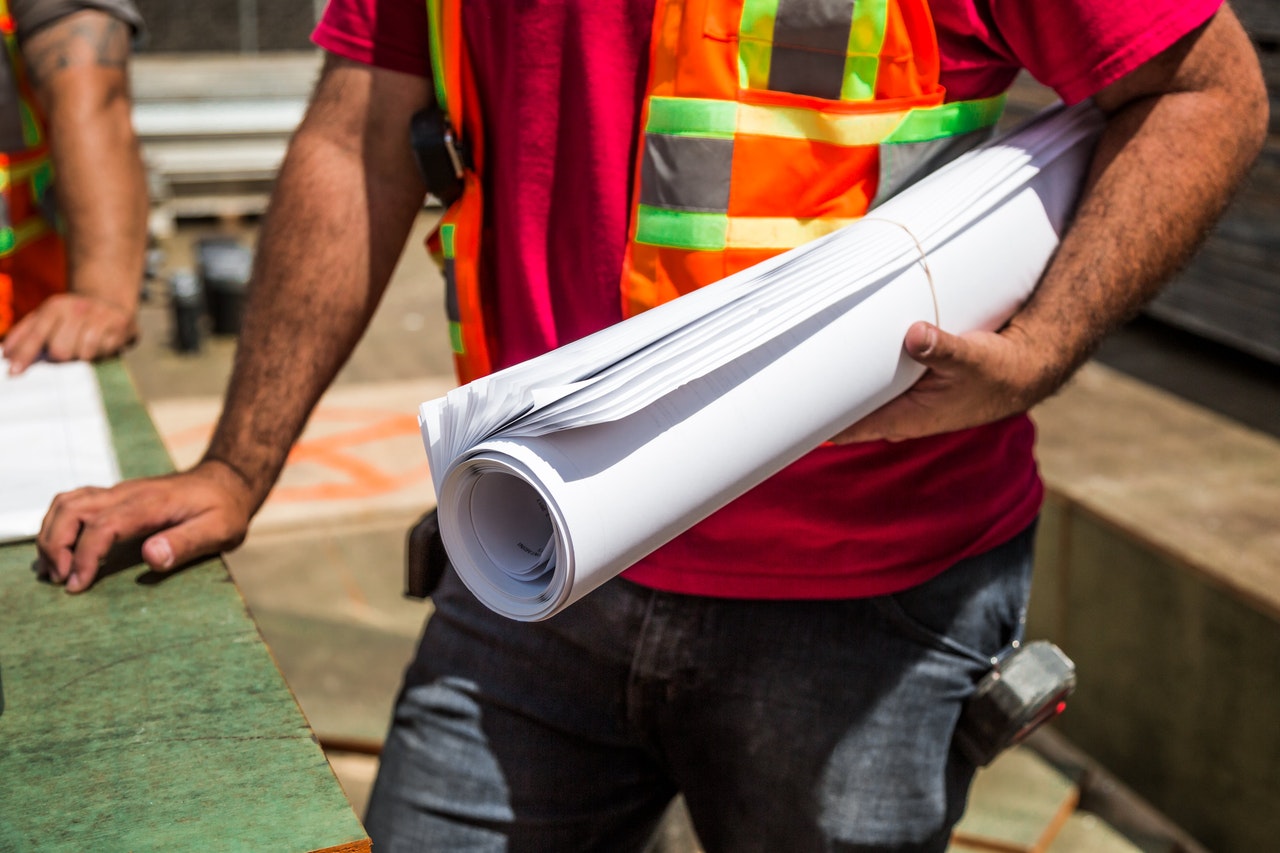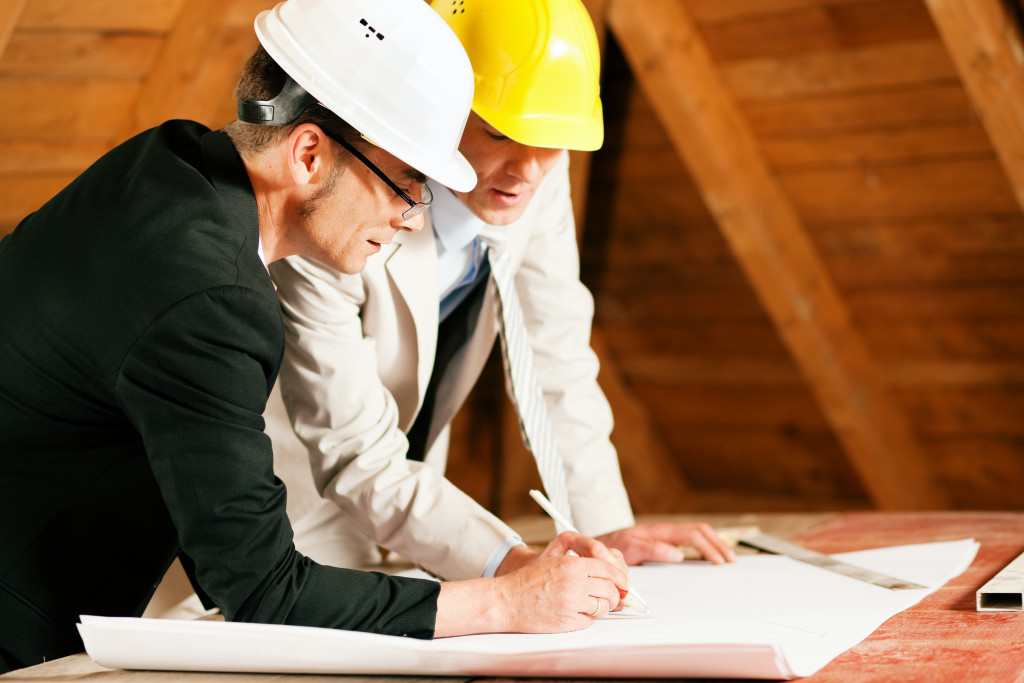When building a home, poor planning and insufficient budgeting can lead to some expensive mistakes, delaying the process and leaving hefty dents in your finances. That’s why when building a new home, look at it from different angles and take the time to consult with a professional in the industry.
Besides thorough planning and professional assistance, the following are little-known tips that can make the home building process smoother for you.
Choose a Floor Plan
After determining what you want for your home’s construction, the first big decision you need to make is coming up with a floor plan. It’s the baseline for any home construction project as it’ll help you know the size, style, quality, and features of your new building. However, before you give your floor plans to the builders, make sure to have them checked and adjusted by a general contractor or architect for the best results.
Pay Attention to Built-in Systems
Poor planning in your built-in systems, especially your heating, ventilation, and air conditioning (HVAC) systems, can lead to excess moisture and mold growth, leading to several health concerns. That’s why when building your home, make sure to conduct an HVAC inspection for testing, adjusting, and balancing your home’s air and water flow to meet its design’s requirements. It ensures appropriate temperatures, airflow, and other HVAC system characteristics for cleaner and quality air.
Balance Additions with Cuts
People want to build their dream house. They plan with a heart but with a budget in their mind. They know that elegant things are costly. Still, they want to incorporate shiny things in their house. If you’re on a strict budget, the key here is to balance additions with cuts. For example, if you want a granite or quartz countertop in your kitchen, cut some funding from your appliances list.

Leave Room for Additional Construction Costs
Aside from the materials and time needed to build the house, there are three more main things to include in your budget.
- Alterations – Most of the time, the site’s land needs to be altered before the construction starts. Clearing many trees, cut and fill or earthmoving, and large rocks removal increases your expenses.
- Permit Fees – Keep in mind the fees you need to pay for the building permits and other special permits required by the building ordinances.
- Labor Expenses – Remember to consider the fluctuating labor costs. Labor costs are not constant, and it depends on its supply and demand.
Always Budget for the Unexpected
In construction, you need to prepare for the worst while hoping for the best. It’s best to have a contingency plan when something out of the script comes up. And in this case, it’s best to have a contingency fund or budget for unexpected events.
For example, construction delays require an additional payment for the workers who will work for extra days. You also need to consider damaged or defective materials and their fluctuating costs in the market. Contractors advise buyers to allocate an additional 10% of the total construction costs for the contingency fund.
Hire a Real Estate Agent
If you have now decided what type of building you want to build and have a rough estimated budget, you can start creating a team. The first members will be you and a real estate agent who listens and understands your interests. Compared to a sales representative, a real estate agent represents buyers in real estate transactions and not the seller or company’s interests.
Buying a house can be a tricky process, but building one is even more challenging. However, that doesn’t mean you need to go into the process blind—and the tips mentioned can make the process easier for you.

